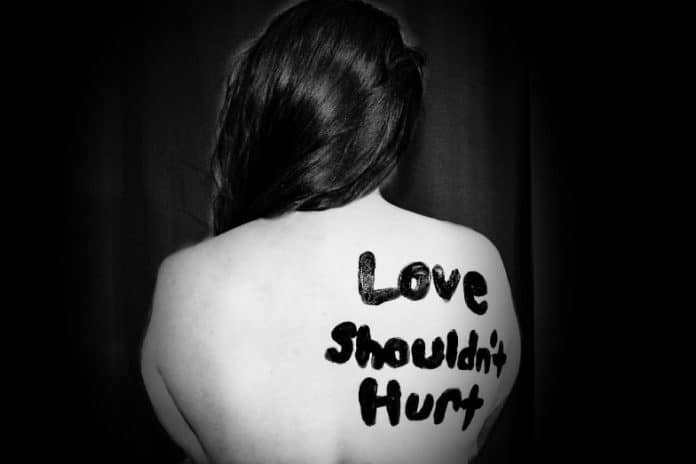Domestic violence is on the rise globally as confinements and hardships due to COVID-19 add fuel to an existing fire. In China, the amount has tripled, in Finland, it has increased by 14%, in the USA by 22%, in Spain by 20%, in France and Singapore by one-third.
And these are just the cases that the authorities know about.
“Confinement is fostering the tension and strain created by security, health, and money worries,” says Phumzile Mlambo-Ngcuka, Executive Director of UN Women in a statement.
According to the World Health Organization (WHO), one in three women around the world experience physical or sexual violence mostly by an intimate partner. Domestic violence is the most widespread, but among the least reported human rights abuses.
Pandemics increase gender inequality in multiple ways. Domestic violence increases. Women’s financial independence declines and women must take the burden of household activities and care of children and the ill which leads to women being forced to leave their jobs.

Increased isolation
Domestic violence increases during crises since perpetrators need to feel a sense of power and control in their lives and they achieve that by controlling their victim.
“It is increasing isolation for women with violent partners, separating them from the people and resources that can best help them. It’s a perfect storm for controlling, violent behaviour behind closed doors,” says UN Women director Mlambo-Ngcuka
The perpetrators might use the virus and safety measures as a way to control the movements and daily activities of their targets. One trigger might be the increased use of alcohol and drugs while staying at home. And finally, the lockdowns limit the victim’s opportunities to leave the house to seek help and to use their usual support systems and shelters.

A global problem
The increase in domestic violence is a global problem. In an interview with the Norwegian newspaper, Klassekampen, the head of the women’s organization Focus, Gro Lindstad, expressed her concern for women all around the world. “It’s bad enough in houses and apartments in Western countries. Our international partners worry about women in the slums in India, in the favelas in Brazil and in the countryside in Africa,” Lindstad says. “The same applies to women in refugee camps. I fear that kidnapping and trafficking will also increase. One can only imagine how vulnerable girls and women will be in the Moria camp in Greece when the humanitarian aid workers have left,” she continues.
What can be done?
UN Secretary-General António Guterres has urged world governments to make the prevention and redress of violence against women a key part of national response plans for COVID-19, by increasing investment in online services and civil society organizations, making sure judicial systems continue to prosecute abusers and declaring shelters as essential services. “And creating safe ways for women to seek support, without alerting their abusers,” Guterres said in a video statement.
If crisis shelters are included in the list of essential services during lockdown, the employees at crisis centres and women’s shelters must be included in the list of essential personnel so their children can go to school and kindergarten allowing them to help those in need. This has already been done in Norway.
Worldwide, even with lockdowns and restrictions, victims of domestic violence must be able to get the support they need.
Additional links:
- For further information see: https://www.unwomen.org/en
- Statement by Phumzile Mlambo-Ngcuka, Executive Director of UN Women: “Violence against women and girls: the shadow pandemic”
- Statement by António Guterres, UN Secretary-General
- UNRIC COVID-19 Hub
- UNRIC COVID-19 backgrounder




